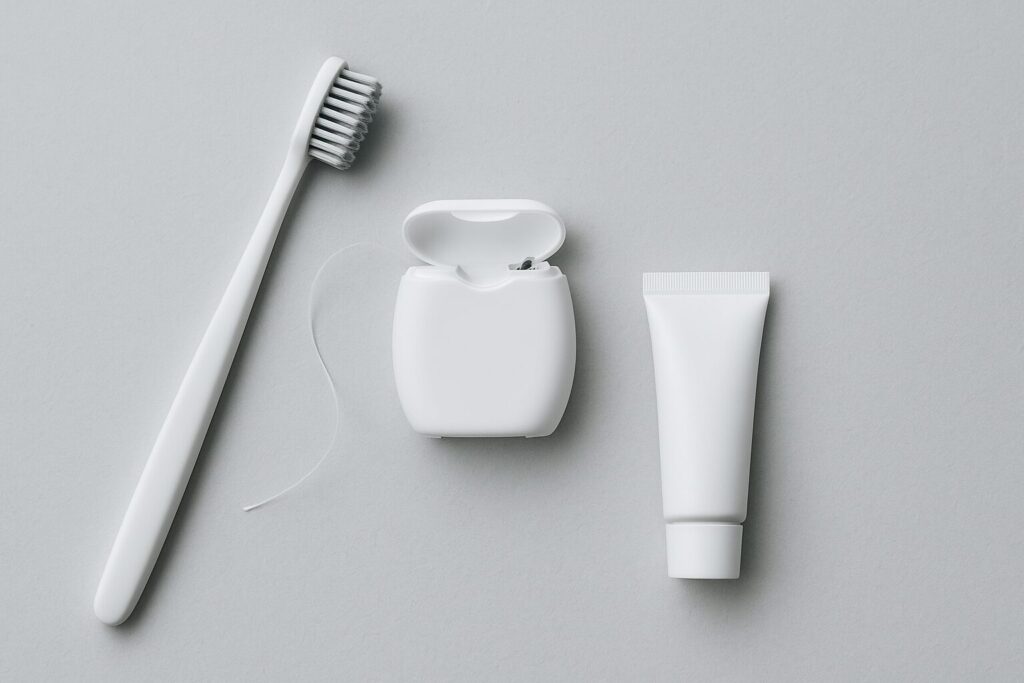Good oral hygiene is a cornerstone of overall health and well-being. Simple daily habits can lead to a healthier lifestyle by preventing dental issues and promoting systemic wellness. By understanding and implementing effective oral care practices, you can significantly enhance your quality of life.
The significance of maintaining proper oral hygiene extends beyond just a radiant smile. Oral health plays a critical role in preventing various systemic conditions, reinforcing the importance of consistent care. Integrating effective techniques into your daily routine not only keeps your mouth healthy but also contributes to your overall wellness. This comprehensive guide outlines essential oral care practices that anyone can incorporate easily, with advice applicable to all ages. For those seeking specialized care, consulting an orthodontist briarcliff manor ny can provide tailored solutions to enhance your oral health.
Flossing techniques for better oral health
Flossing is more than just an add-on to brushing; it is pivotal in preventing gum disease and maintaining overall oral health. Proper flossing removes food particles and plaque that brushing alone cannot reach, particularly between teeth and under the gumline. It’s essential to use gentle motions to avoid damaging delicate gum tissues while ensuring all plaque is effectively removed. When executed correctly, flossing helps avert inflammation and reduces the risk of periodontal issues.
To maximize the benefits of flossing, it’s crucial to incorporate the right technique into your daily regimen. Begin by using a piece of floss, wrapping it around your fingers to maintain control. Glide the floss gently between each tooth, curving it around the base to clean beneath the gumline. This method ensures thorough cleaning and enhances the effectiveness of your oral hygiene routine.
Despite its importance, many people neglect regular flossing due to misconceptions about its difficulty or necessity. However, by making flossing a non-negotiable part of your daily care, you can safeguard against common dental problems and contribute significantly to maintaining a healthy mouth.
Effective brushing routines for oral hygiene
Consistent brushing is fundamental in preventing cavities and promoting excellent oral hygiene. It is recommended to brush at least twice a day with fluoride toothpaste, which strengthens enamel and fights decay-causing bacteria. Using a toothbrush with soft bristles helps protect gums while effectively cleaning teeth surfaces without causing abrasion or damage.
The technique employed during brushing significantly impacts its effectiveness. Hold the brush at a 45-degree angle to the gums, moving it in small circular motions across each tooth surface. Don’t forget to brush the tongue as well, as this can harbor bacteria leading to bad breath and other oral issues.
A disciplined brushing routine not only prevents dental caries but also contributes positively to your systemic health. Understanding these practices ensures you are equipped with the knowledge needed for optimal dental care, ultimately enhancing your overall well-being.
The importance of regular dental checkups
Routine dental checkups are indispensable for maintaining excellent oral health and detecting potential issues early on. These visits allow for professional cleaning, which removes tartar buildup that brushing and flossing may miss. Dental professionals provide personalized advice tailored to your specific needs, helping you maintain optimal oral hygiene standards.
Checkups offer an opportunity for early intervention in case of emerging problems such as cavities or gum disease, potentially saving you from more invasive treatments later on. Regular appointments with your dental care provider ensure that any alignment issues are addressed promptly, maintaining both aesthetics and function of your teeth.
By prioritizing these checkups, you empower yourself with knowledge about your oral health status and receive expert guidance on improvement strategies. This proactive approach is integral in sustaining long-term dental wellness and avoiding complex health challenges linked to neglectful oral care practices.



 David Benefiel is a seasoned fitness professional and passionate writer for My Healthy Living and Strategies, where he focuses on delivering practical advice for maintaining a balanced and healthy lifestyle. With years of experience in strength training, nutrition, and holistic wellness, David offers in-depth guidance to help readers achieve their personal health goals, whether through tailored fitness plans, dietary changes, or mental wellness practices.
David Benefiel is a seasoned fitness professional and passionate writer for My Healthy Living and Strategies, where he focuses on delivering practical advice for maintaining a balanced and healthy lifestyle. With years of experience in strength training, nutrition, and holistic wellness, David offers in-depth guidance to help readers achieve their personal health goals, whether through tailored fitness plans, dietary changes, or mental wellness practices.